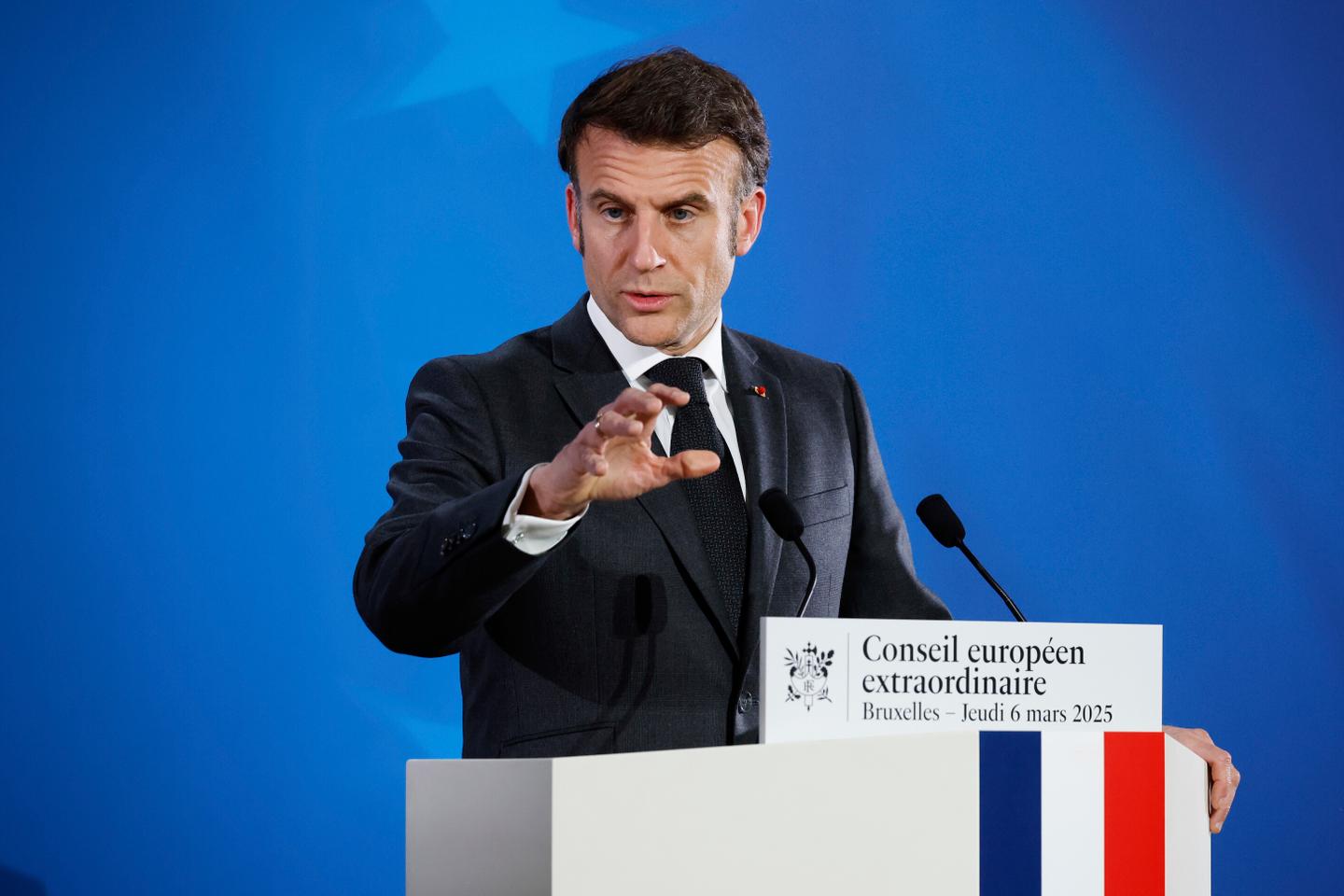


Europeans have faced two major shocks: Russia's attack on Ukraine and the United States' abandonment of it. They have finally awakened from their strategic lethargy and realized the shared recklessness that made them forget that states, to survive, must first identify their enemies and then acknowledge no protector. General de Gaulle's decision to equip France with its own nuclear deterrent was based on this very principle, just as France has championed a common European defense since the Maastricht Treaty of 1992.
To make up for lost time, European defense, which has been stagnating for three decades, should now be making giant strides forward. Declarations and announcements abound. But let's not open too many doors at once, if we are not prepared to step through them.
First of all, we expect the security guarantees proposed for Ukraine to take shape: with what resources, under what terms and on what type of mandate? Then, the €800 billion pledged within the European Union (EU) for armaments projects must not come up against – especially in France – the realities of budgetary constraints and debt. Finally, the Europeanization of our nuclear deterrent is too serious, too existential an issue, to be handled haphazardly.
The fact that the issue of deterrence is back at the heart of the European strategic debate is a good thing; that in Berlin, Vilnius and Warsaw it is now envisaged that French and British deterrent forces could be an alternative to the US nuclear umbrella sufficiently demonstrates the current concern about the risk of a US default within NATO. For a long time, our European partners were reluctant to discuss deterrence with France. In the space of three years, as a result of the fears aroused by Russia's nuclear posturing in the Ukrainian conflict, attitudes have shifted more than they did in the previous 30 years.
A weapon of last resort
However, recent statements by President of the Republic Emmanuel Macron go beyond the overtures made before him by Presidents François Mitterrand and Jacques Chirac, along with all their successors. Since the 1990s, French doctrine has accepted that the French deterrent contributes to the security of EU and NATO member states, alongside the nuclear capabilities of the United States and the United Kingdom.
You have 64.76% of this article left to read. The rest is for subscribers only.
